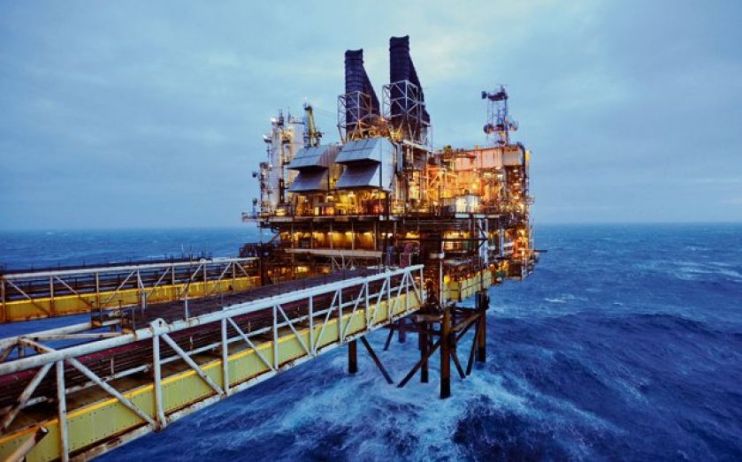BP and Total Energies most exposed to North Sea oil and gas levy

BP and Total Energies (Total) will suffer the biggest losses in earnings from the government’s announced levy on North Sea oil and gas operators, revealed asset manager UBS.
In its study on the freshly announced Energy Profits Levy, it argued that the potential impact on European integrated traders with a UK presence is limited to 1.5 per cent of earnings on an annual basis.
However, BP and Total would suffer the heaviest hits, with an earnings impact of 2.5 per cent based on share of production and mix.
Eni is also exposed to the tune of 1.8 per cent, although Shell would suffer a smaller impact of around 1.5 per cent.
Meanwhile, the overall effect on Repsol and Equinor is below average at 1 per cent and 0.5 per cent respectively.
Henri Patricot, UBS’ director of equity research said: “Even for the most impacted, we conclude it is relatively small, and risk to earnings is skewed to the upside in the current macro environment.”
The Chancellor Rishi Sunak finally unveiled a windfall tax last week – a new per cent levy on the profits of North Sea oil and gas companies, which is estimated to bring in £5bn of revenue this year.
Alongside the current 40 per cent special rate energy firms operating in the North Sea already pay, this will mean a 65 per cent tax on energy profits.
The measure has been described as “temporary” but could last for up to three years – with a sunset clause in 2025.

This follows soaring profits across the fossil fuel industry, with BP and Shell reporting record underlying profits of $6.2bn and $9.1bn during the first three months of trading this year.
While the tax is heavier than expected, the Treasury has adopted a ‘carrot and stick’ approach with the new levy as it includes an 80 per cent investment allowance which mean businesses will get a 91p tax saving for every £1 they invest.
This nearly doubles the tax relief available and means the more investment a firm makes, the less tax they will pay.
The tax is intended to fund a £15bn support package for struggling energy users yesterday, providing up to £1200 savings to some of the UK’s poorest and most vulnerable households.
This comes after gloomy warnings from Ofgem that the price cap could spike to £2,800 per year for average energy users, escalating a cost-of-living crisis that has also seen fuel and food bills soar.
Meanwhile, Stifel has published estimates for the overall amounts of tax multiple North Sea oil and gas operators will pay this year.
Managing director Chris Wheaton has estimated that Harbour Energy will pay an additional £840m in tax between 2022-2024, while Serica Energy will pay £290m over the same time period.
Stifel has maintained its buy stance towards both firms, with target prices of 670p and 350p respectively.
For all the latest Lifestyle News Click Here
For the latest news and updates, follow us on Google News.

